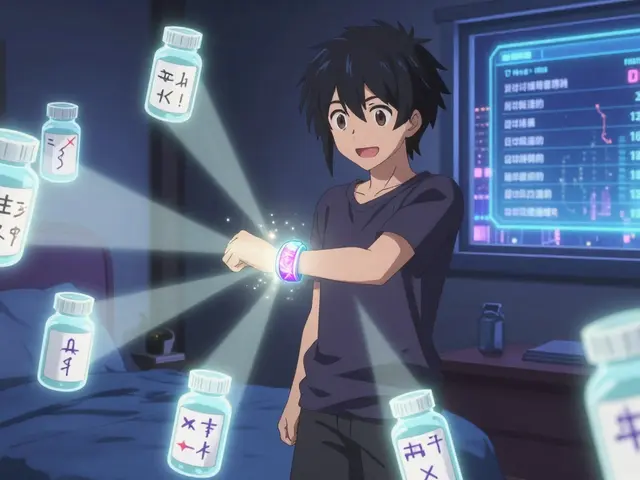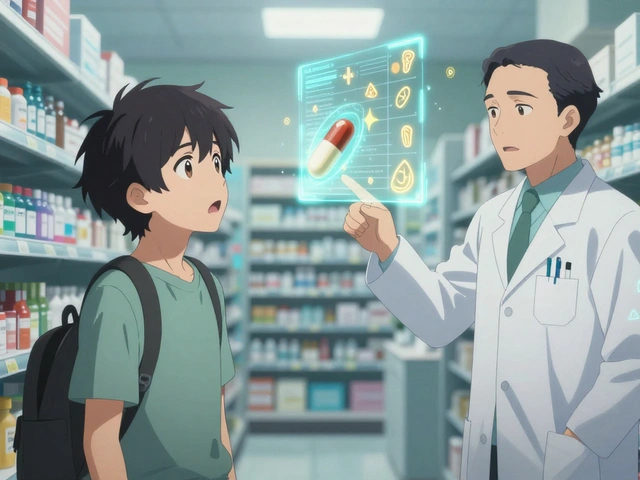Vitamin D and Testosterone: What You Need to Know
Ever notice your energy dropping as the days get shorter? You’re not alone. Many men link low mood, weaker workouts, and even reduced sex drive to low testosterone. One hidden player in that picture is vitamin D – the “sunshine vitamin.” When your body isn’t getting enough D, it can silently chip away at testosterone production. Let’s break down why that happens and what you can do about it.
How Vitamin D Impacts Testosterone Production
Vitamin D isn’t just good for bones; it works like a hormone itself. Your cells have vitamin D receptors, including those in the testes where testosterone is made. Research shows that adequate vitamin D helps the testes convert cholesterol into testosterone more efficiently. In simple terms, think of vitamin D as a manager that keeps the production line running smooth. When levels fall, the manager slacks off, and testosterone output drops.
Practical Steps to Raise Your Vitamin D Levels
First, get the facts about your own levels. A quick blood test for 25‑hydroxyvitamin D will tell you if you’re deficient, insufficient, or sufficient. If the number is below 20 ng/mL, you’re in the deficiency zone. Next, sun exposure: about 10‑15 minutes of midday sun on arms and face a few times a week usually does the trick for most people. If you live in a cloudy climate or spend a lot of time indoors, food and supplements become key.
Foods rich in vitamin D include fatty fish (salmon, mackerel), fortified dairy or plant milks, and egg yolks. Even with a good diet, many still need a supplement to hit optimal levels. A common safe dose for adults is 1,000‑2,000 IU daily, but some doctors recommend up to 4,000 IU if you’re severely deficient. Always start low, monitor your blood levels after a few months, and adjust under medical guidance.
While you’re boosting vitamin D, don’t forget the other pieces of the testosterone puzzle. Strength training, adequate protein, healthy fats, and quality sleep all amplify the hormone’s rise. Vitamin D works best when the whole lifestyle is in sync.
Finally, know when to seek professional help. If you’ve tried sunlight, diet, and a reasonable supplement dose but still feel low on energy or notice persistent symptoms, talk to a healthcare provider. They can rule out other causes, adjust your supplement plan, or discuss prescription options if needed.
Bottom line: vitamin D is a low‑cost, low‑risk tool that can support healthier testosterone levels. Check your status, get safe sun or a quality supplement, and pair it with a solid fitness and sleep routine. Your body will thank you with more energy, better mood, and a natural hormonal boost.
Can Vitamin and Mineral Deficiencies Cause Low Libido?
Explore how lacking key vitamins and minerals can lower sexual desire. Learn which nutrients matter most, how to spot deficiencies, and practical steps to boost libido naturally.
View More




